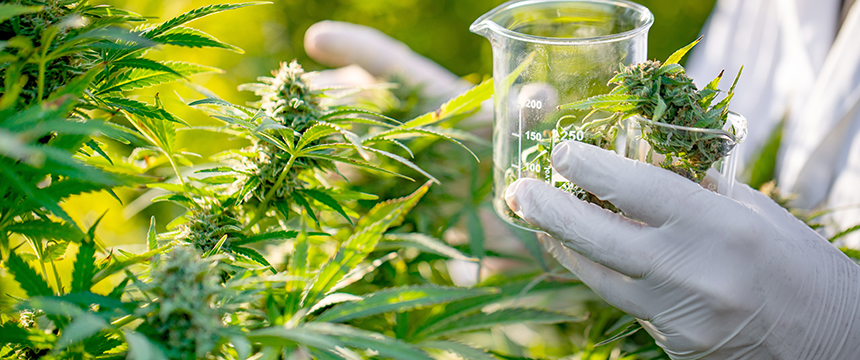
On April 20, 2021, Denver Mayor, Michael Hancock, signed the Marijuana Omnibus Bill and Marijuana Hospitality Bill into law, which make significant changes to Denver’s current cannabis laws. These changes directly address hot-button items such as social equity and permanently implement the relaxation of certain regulations initially implemented for safety purposes during the pandemic. These changes are long overdue and signify that Denver may be assuming the mantle of trendsetter for a post COVID-19 cannabis industry.
The changes include:
- Creating a new cannabis delivery permit.
- Creating two new hospitality licenses, one which allows smoking in indoor and outdoor locations (including mobile locations) and another which allows both smoking and cannabis sales at certain locations.
- Eliminating the cap on retail store and cultivation licenses and accepting applications for new locations for the first time since 2016. However, due to proximity and location restrictions (e.g., how close a retail store may be to a school or another retail location), the available areas of the city for these new locations are rather limited.
- Granting exclusive access to Social Equity Applicants to apply for new retail store and cultivation locations, manufacturing and transporter licenses, and reserving the new delivery permits to such applicants who are also licensed transporters for a period of six years. Notably, the rule changes do not appear to provide exclusive access for Social Equity Applicants for the new hospitality licenses.
- Allowing for drive-through and walk-up windows. These were initially adopted as safety measures during the pandemic, but such services will now be a permanent offering at Denver retail locations; and
- Requiring every licensee to submit a Social Impact Plan which identifies the licensee’s plans to promote diversity and inclusion in its workforce, foster participation in the cannabis industry by people who have been disproportionately impacted by cannabis enforcement, and implement environmental sustainability practices.
Social equity is a top priority for the cannabis industry, and like many other jurisdictions that have legalized cannabis, the Denver cannabis industry is overwhelmingly white-owned. The City of Denver recently released a report which found that 75% of cannabis business owners are white, 6% of owners and cannabis industry employees are Black or African American, 13% of cannabis business owners are Hispanic, Latino, or Spanish and 12% of cannabis industry employees are Hispanic, Latino, or Spanish. With Denver’s new social equity initiatives, it joins other major cities like Oakland and Los Angeles that are taking action to get more underrepresented business owners into the cannabis industry.
Does Denver’s overhaul of its cannabis rules represent a trend in the industry? Likely. We anticipate that many states and cities will follow suit and adopt similar social equity initiatives and permanently relax certain regulations that were initially adopted as a temporary response to the pandemic. A silver lining of COVID-19 is that many state regulators learned the cannabis industry is capable of surviving and thriving without over-regulation of every aspect of the industry. We will continue to monitor state and local social equity initiatives and rulemaking/legislative action in the cannabis industry as our nation slowly crawls back to some post COVID-19 normalcy.
